Welcome to the primary science and technology curriculum. Here you will find resources and information to help you get started with science in Nunavik this year.
1. Quebec Education Program
For primary levels, Kativik Ilisarniliriniq follows the Science program provided by the Quebec Ministry of Education (MEES).
To read complete information on the Quebec Science Program, including the Progression of Learning, the Framework for the Evaluation of Learning and Report Card Weightings and Wording, visit the MEES Website.
1.1 Competencies
Students in cycles 2 and 3 develop the three following competencies.
Competency 1
To propose explanations for solutions to scientific or technological problems.
Competency 2
To make the most of scientific and technological tools, objects and procedures.
Competency 3
To communicate in the languages used in science and technology.
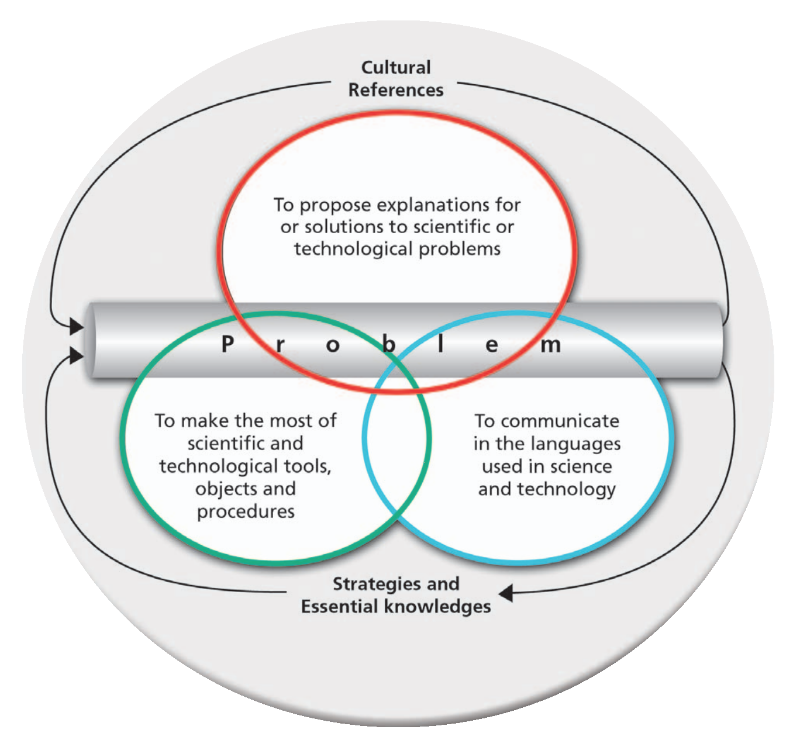
1.2 Scientific inquiry process
Our program in the primary grades is an introduction to scientific and technological activity that students will experience through scientific reasoning. This naturally leads them through the scientific inquiry process, which is at the heart of the program.
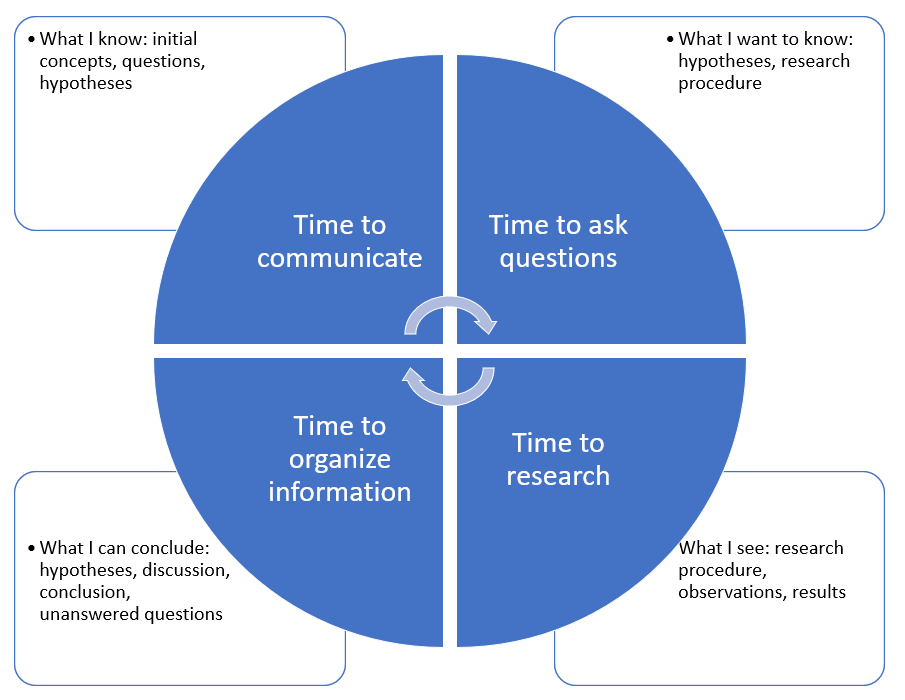
We are building scientific thinking at the primary level grades. The scientific inquiry process is a logical problem-solving approach used by scientists.
The scientific inquiry process involves the following steps:
- Starting with an observation
- Which leads to a question of interest
- Researching the topic – gathering information
- Formulating a hypothesis – what will happen?
- Conducting an experiment – test the hypothesis
- Collecting data
- Conclusion – the results of the analysis
1.3 What students are expected to do
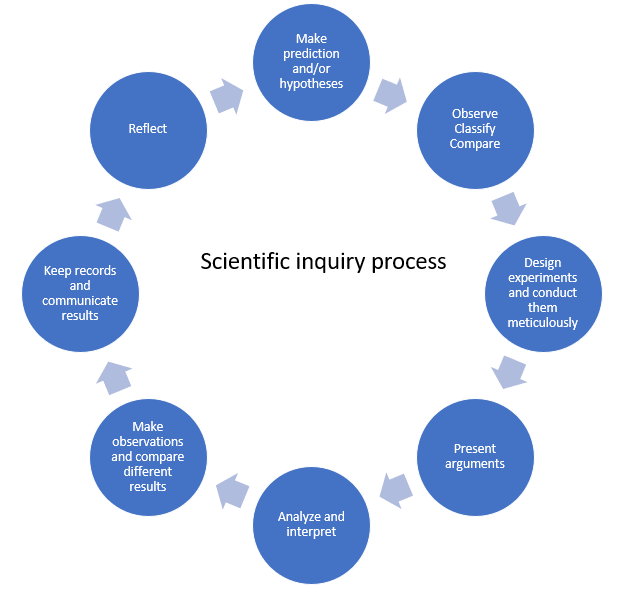
1.4 Target Learning

- observing
- manipulating
- adopting a multisensory approach
- drawing on prior knowledge
- questioning
- explaining
- comparing
- interpreting results
- discussing ideas
- sharing ideas
- presenting arguments
- recording their steps in the process
2. Science and Technology Activities in the primary grades
Distinction between Essential Knowledge activities and Competency situations:
The competency situation:
- involves a task that aims for all the components of the competency
- ex: the scientific inquiry process
Essential knowledge activities:
- Students become familiar with concepts; they structure or consolidate learning
- ex: define or explain concepts; identify structures or parts of diagrams; describe a technique; identify manipulatives
3. Science-Tech Instructional Package
The Science-Tech instructional package is consistent with the requirements of the QEP for Elementary Science, Cycle 2 and 3. These resources are available as digital files on the DB server.
- Teacher’s Guide: contains an Introduction, materials lists for discovery activities, instructional planning, evaluation; in addition, the three sections on The Material World, Earth and Space and Living Things.
- Teacher’s Book: in colour, also includes instructional notes and planning tools for the information processing activities. This part of your Teacher Resource is a companion document to the Student Book.
- Student Book: available only as a digital file with all the information processing activities including images corresponding to each theme to project on the Smart Board.
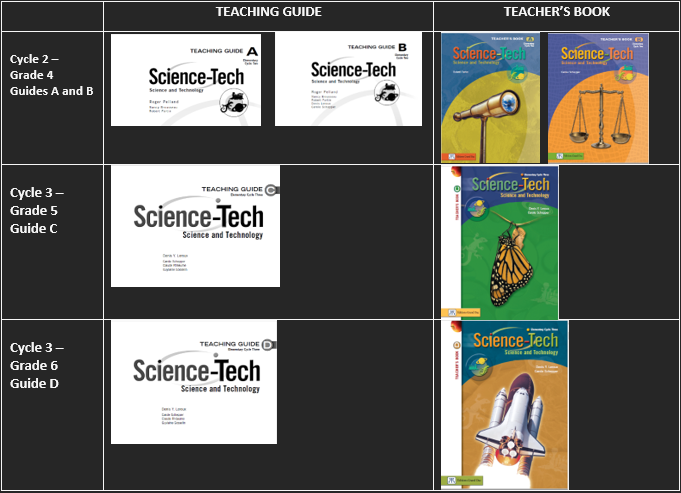
Information Processing Activities (Essential Knowledge Activities):
Three learning stages: preparation, exploration and integration/application
Preparation:
- presents a situation
- students observe, reflect, make connections, infer, explore new concepts, use language to describe
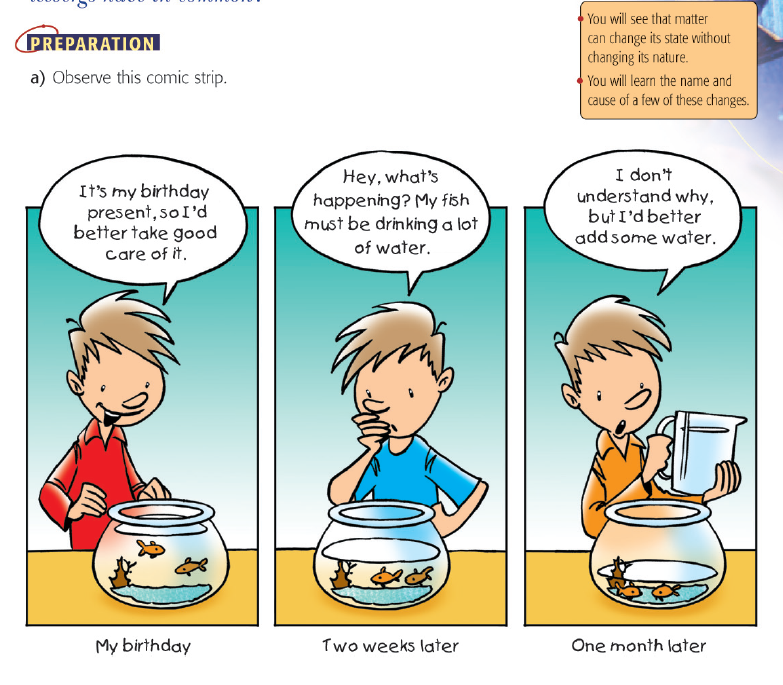
Exploration:
- to use information
- vocabulary related to concepts
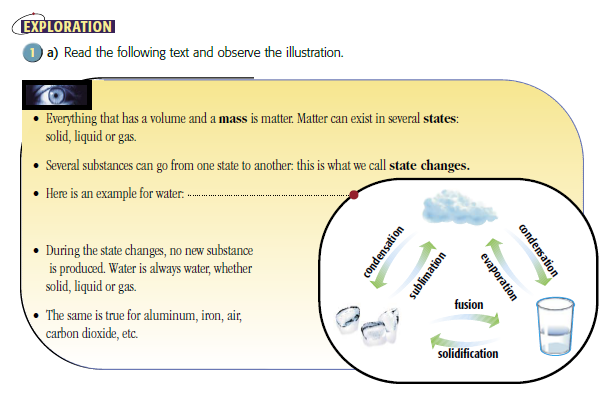
Integration and Application:
Students apply knowledge to new situations
Students make connections
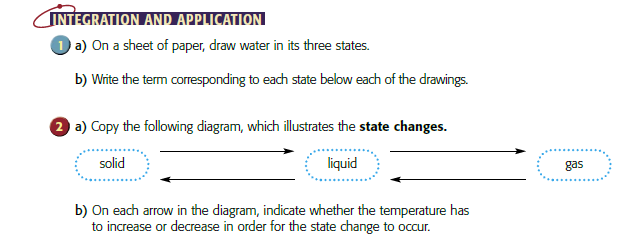
Discovery Activities (Competency Activities)
A guided-discovery approach: hands-on activities
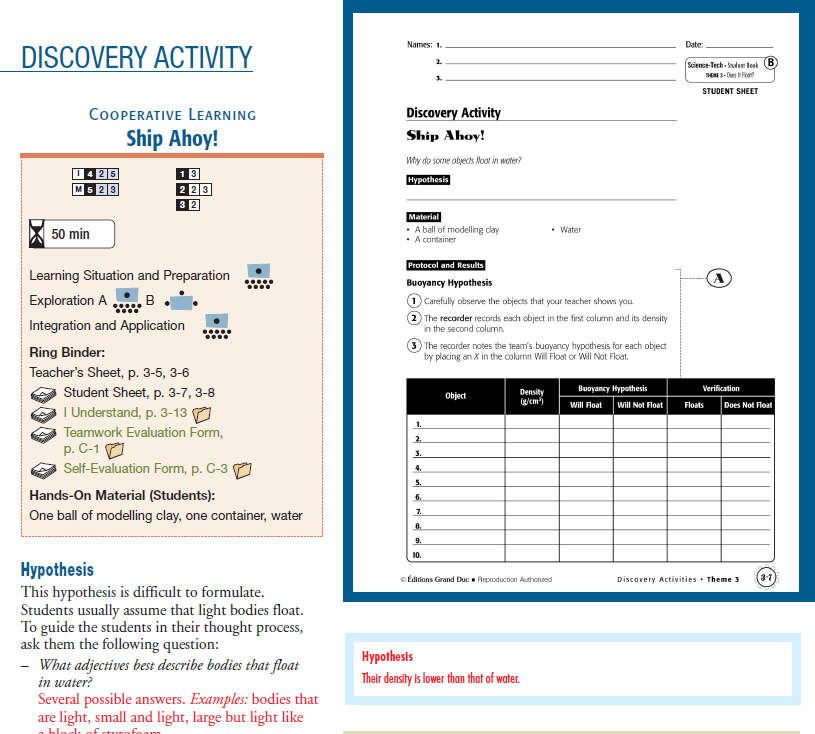
Pedagogical notes and answer key
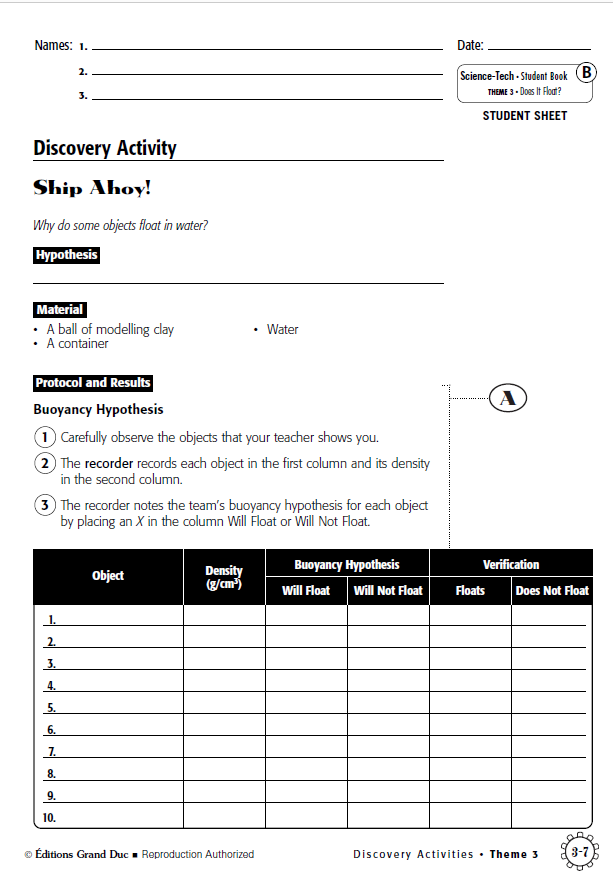
3.1 Online Science Resources
Websites for Science experiments, projects, activities, ideas etc. to enhance teaching and learning.
The Canadian Space Agency
This Website has fun experiments and podcasts from space!
EduMedia
The EduMedia website has interactive resources for learning science.
Let’s talk Science
This website has a selection of activities and resources for engaging students in science.
Canadian Wildlife Federation
From colouring pages to resource sheets, games, activities and free posters, this website has a wealth of resources available for children and designed to help you inspire their love for wildlife.
The Climate Atlas of Canada
This website combines climate science, mapping and storytelling to bring the global issue of climate change closer to home for Canadians. It is designed to inspire local, regional, and national action that will let us move from risk to resilience.
Éclairs des Science
Each activity is classified by cycle and category, in accordance with the learning progression set out in the science and technology curriculum of the Québec Education Program.
The Science Penguin
Outdoor Science Scavenger Hunts and activity ideas
Actua
Actua is Canada’s leading science, technology, engineering and mathematics (STEM) youth outreach network. Actua focuses on the engagement of underrepresented youth through specialized programs for Indigenous youth, girls and young women, at risk youth and youth living in Northern and remote communities.
